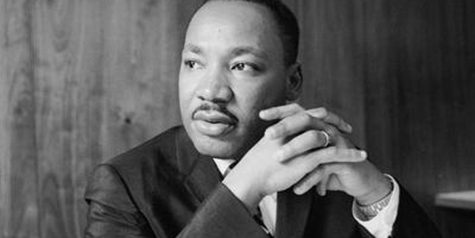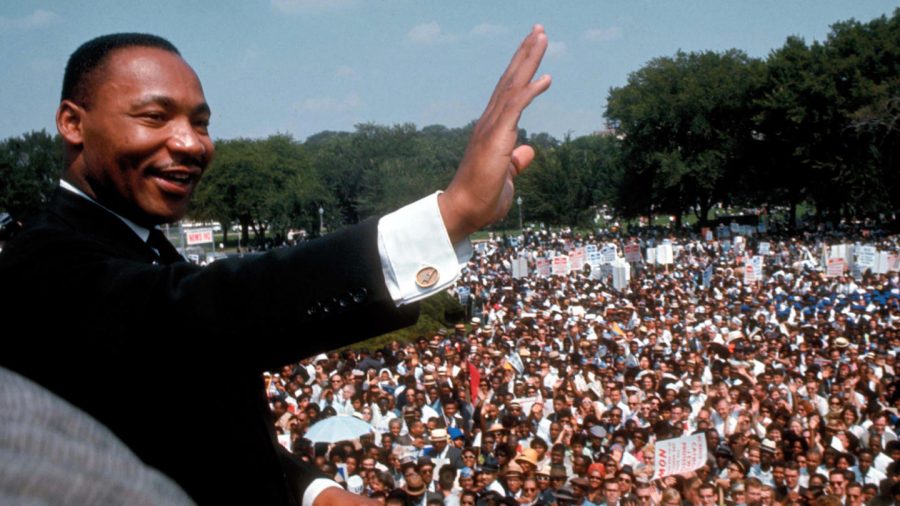The History of Martin Luther King Jr. Day
A Look at the Life of One of America’s Early Civil Rights Activists
This Monday, January 20th, students and teachers will have a day off from school in honor of Martin Luther King Jr. Day. While most people know that MLK Day is an opportunity to commemorate the unforgettable actions of one of America’s early civil rights activists, few know the full history of this day. Let’s take a walk back in time and learn about the complex history of MLK Day.
Martin Luther King Jr. was born in Atlanta, Georgia on January 15th, 1929. He was born into a decade of strained race relations and widespread segregation of African Americans within the United States. As a child, King attended segregated public schools, experiencing first-hand the prevalence of racism in America at that time. Later on in life, King earned a doctorate in systematic theology from Boston University and became a pastor for the Dexter Avenue Baptist Church.
In 1955, racial tensions were on the rise after Montgomery police arrested Rosa Parks, an African American woman, for refusing to give up her bus seat to a white person. To protest Rosa Parks’ arrest, civil rights advocates organized the Montgomery Bus Boycott and selected Martin Luther King Jr. as the boycott leader. Through his role in the bus boycott and other non-violent protests, King became a well-known proponent of African American civil rights.
In November of 1956, the U.S. Supreme Court ruled that segregated seating on public buses is unconstitutional, but racial segregation in America was far from over. To combat this racism, a group of activists, including Martin Luther King Jr., founded the Southern Christian Leadership Conference in 1957.
Martin Luther King Jr. gave his famous “I Have a Dream…” speech during the March on Washington for Jobs and Freedoms, held on August 28th, 1963. During MLK’s speech, King shared his vision for a future in which blacks and whites would have equal opportunities in society. King spoke up for the rights of African Americans during a time when many were hesitant to do so. King was assassinated in Memphis, Tennessee on April 4th, 1968, but his memory lives on as a key activist that helped secure civil rights for African Americans.

To recognize MLK’s work toward African American civil rights, Ronald Reagan signed a bill in 1983 declaring the third Monday of January as Martin Luther King Jr. Day. During a time when racism reigned supreme, Martin Luther King Jr. took a stand and used everything available to him to make a difference for the better. This January 20th, we honor the memory of Martin Luther King Jr., a man who truly made a positive impact in the world around him.





